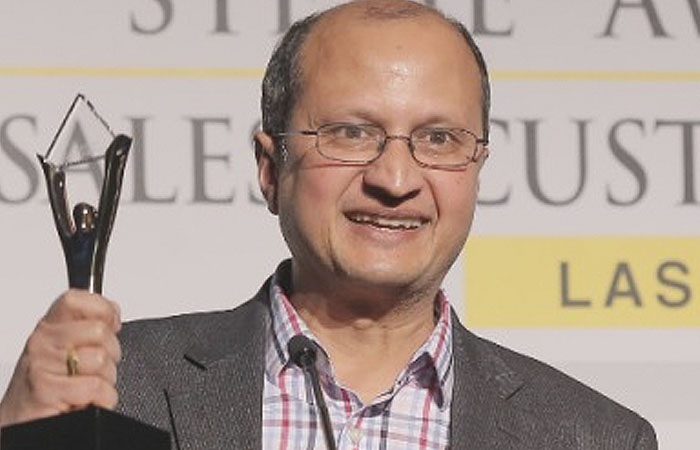August 23rd, 2023, 10:00 am PT / Category: Interviews
How does striking a balance between revolution and evolution increase the success rate for startups?
Summary of the video
In this discussion on growth opportunities and startup strategies, Shreesha Ramdas, CEO of Lumber, shares insights on balancing revolution and evolution in startups. He emphasizes the importance of thinking like a growth hacker, experimenting with different strategies, and applying grassroots and guerrilla marketing tactics to drive success. Shreesha explains that startups should embrace failure as a learning experience, and he encourages aspiring entrepreneurs to take the first step without fear. He also discusses how Lumber, a workflow management platform for the construction industry, has applied these principles to understand different construction sectors, engage with potential clients, and evolve its approach over time.
Bio
Shreesha Ramdas is an entrepreneurial executive with a track record of launching and growing products in competitive markets, general management experience in product development, Growth Hacking, and go-to-market strategy & execution. He is currently incubating a startup, Lumber.
Shreesha was previously SVP & GM at Medallia and the CEO of Strikedeck, a leader in Customer Success Automation. Prior to that, he was the VP of Corp Dev & Partnerships at CallidusCloud. Before that, Shreesha was the Co-founder & COO at LeadFormix, a marketing automation platform, where he raised the initial funding, built the company, and contributed to the successful acquisition by Callidus in January 2012. Prior to LeadFormix, Shreesha was a Co-founder of OuterJoin, an online marketing services company and an early member at Yodlee, where he held the role of General Manager of Yodlee’s center.
Show Summary:
In today’s nervous tech investor space, Shreesha believes the trend is for most startups to not pursue new, pioneering technologies for brand new markets, but technological advancements that can recast existing markets and applications. There is still value and opportunity in staking claim to something new, appealing to tech visionaries, but the risk is greater than what many can afford.
CEOs and company founders, especially at early-stage startups, should take the approach of looking for the holes in what already exists and is understood. Evolution is easier than revolution, even if the innovation itself is revolutionary. It is far easier to radically improve something than create something from nothing.
On this episode of dojo.live, Shreesha Ramdas will explain how he is applying these principles to his latest startup, Lumber, and discuss the balance between revolution and evolution to hack growth opportunities for the greatest success. He will provide some principles to consider, lessons learned, and real-life examples.



